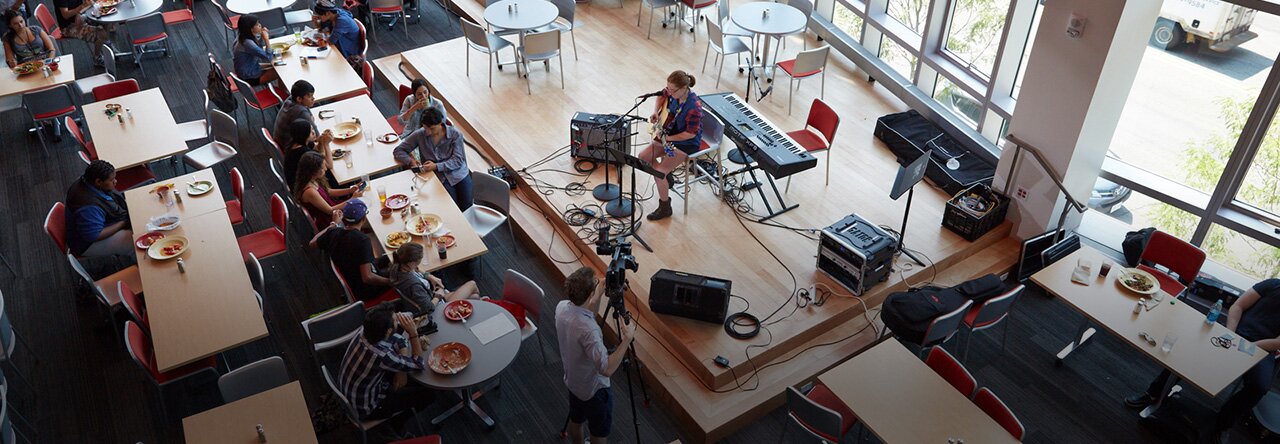As my internship with The Capital Network finishes, here are some thoughts about opportunities for Berklee students. Starting from the premise that a musician is an entrepreneur I think what the organization offers is meaningful to any Berklee student.
Music business models have evolved a great deal over the past years and it is important for any musician to understand all the options they have for funding their next project. In fact, as new digital tools emerged to enable artists to pursue a successful music career without dealing with record labels (Eg Chance The Rapper) it might be interesting to look at alternative funding options with a microscope. And that is when TCN comes in. In fact, it has become more current for angel investors to fund music projects eg: help bands record an album or go on tour. Those investors might expect different things in return and navigating those deals is the same as any other investment deals (usually/at smaller scale).
I think students should start by cultivating an entrepreneurial mindset through some Berklee ICE classes and events. Start projects in the safe Berklee environment and get a better understanding of the resources needed to scale beyond. Next step would be spreading to other colleges to build a team with different skill sets or find new fans/customers. A community event calendar for students called Greenhorn Connect managed by TCN can help with that. Greenhorn Connect is a first step put in place by TCN to prepare students considering an entrepreneurial path. It might be helpful for Berklee students to break out of the ‘music bubble’ and consider a musical career or music company the same as any other company and look at other industries for inspiration.
During the last years at Berklee I recommend business/marketing savvy students to intern with TCN and get a deeper understanding of fundraising. This is the best way to benefit from all the TCN services and network for free. I think for an appropriate fit and to make the most of the resources offered through working for the organization students should have a project/startup they started prior.
Furthermore, perhaps Berklee ICE will facilitate TCN memberships for some students to access events, resources and practice interacting with investors. TCN could also be extremely helpful for alumnis at more advanced stages of their business looking to raise more capital.






